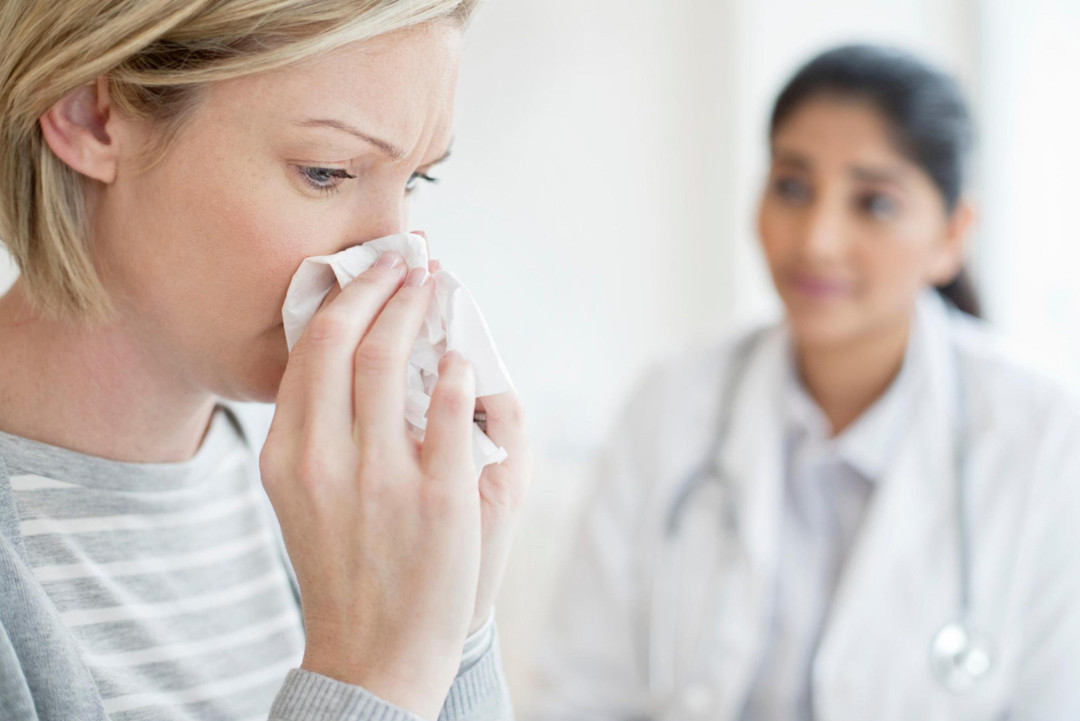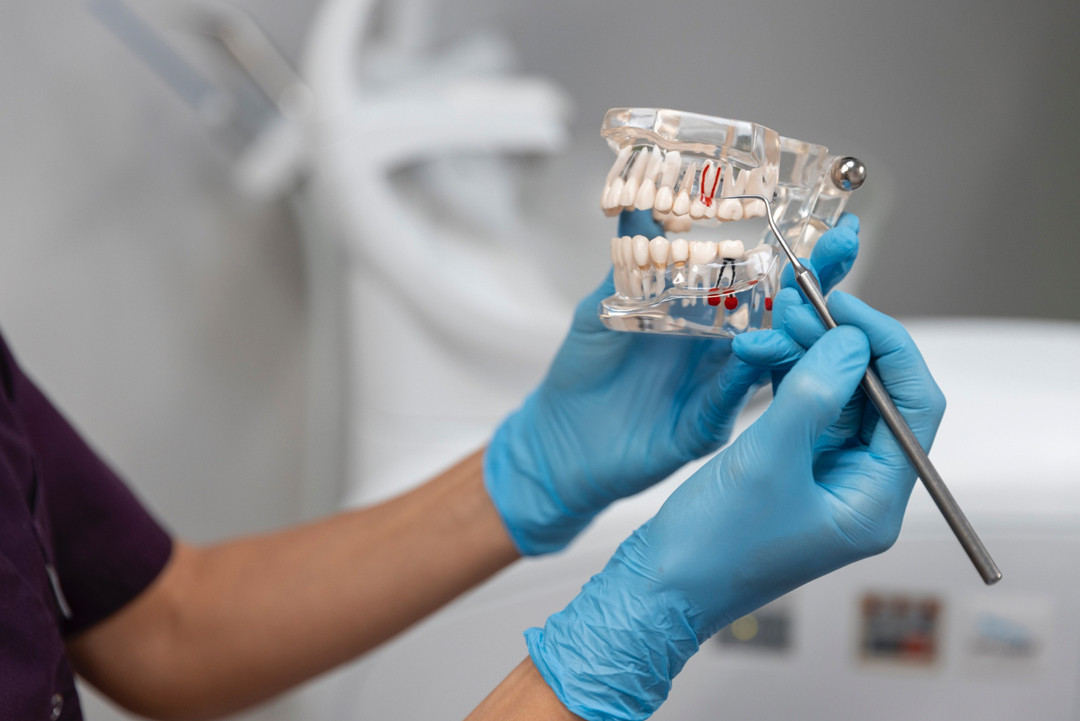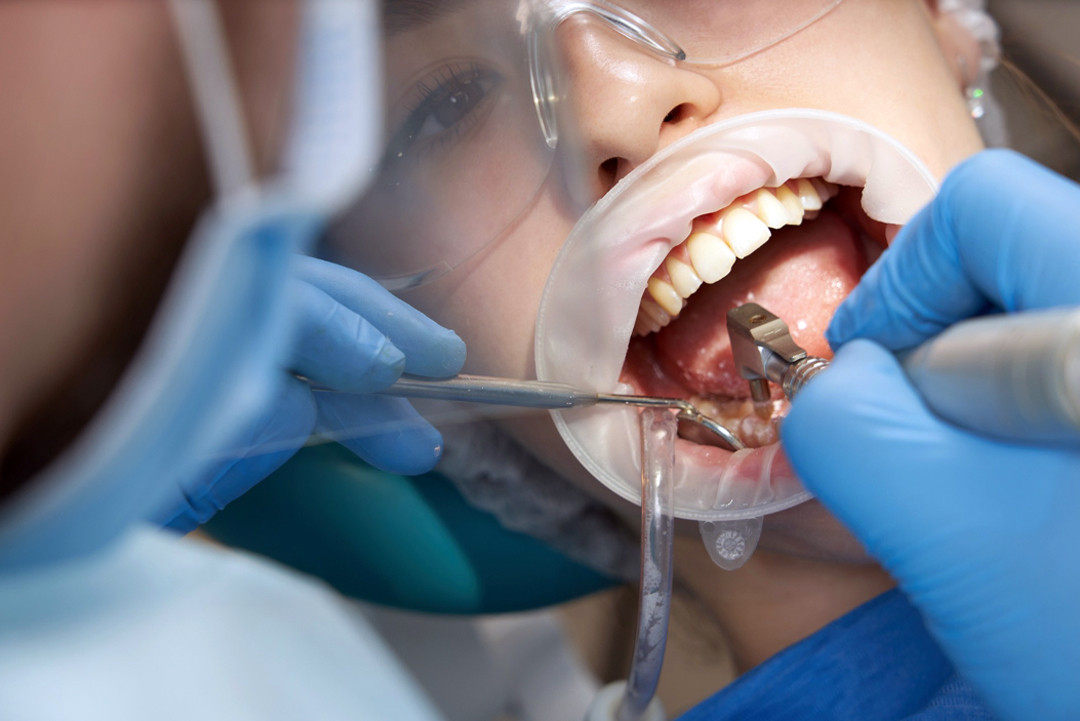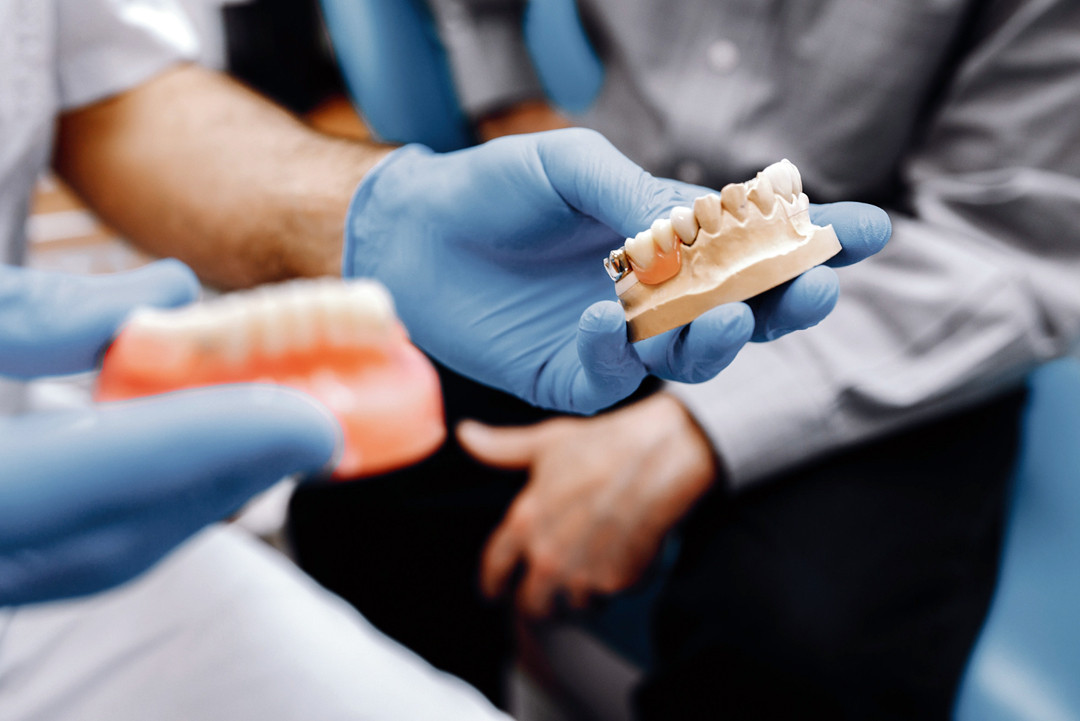Pediatric and Adult Allergy & Immunology
Pediatric Allergy and Immunology
- Focuses on immune and allergic disorders in children.
- Specialists undergo 6 years of medical training, 4 years in pediatrics, and 3 years in pediatric allergy and immunology.
- Common treatments include desensitization therapy, medications, and environmental controls.
Adult Allergy and Immunology
- Manages allergies and immune disorders in patients over 18.
- Specialists complete medical training, followed by specialization in internal medicine or pulmonology, and 3 additional years in allergy and immunology.
Diagnostic Methods in Allergy & Immunology
- Prick Test: Detects reactions to over 40 allergens by applying allergens to small skin incisions.
- Intradermal Test: Allergen substances are injected into the skin to evaluate the response.
- Sweat Test: Measures chlorine in sweat to assess conditions like cystic fibrosis.
- Pulmonary Function Test: Uses spirometry to assess lung capacity and airway health.
- Drug Challenge Test: Identifies drug allergies under expert supervision.
- Food Challenge Test: Gradually introduces suspected allergens under medical supervision.
- Exercise Test: Evaluates respiratory issues triggered by exertion.
- RAST Test: Detects allergen-specific IgE antibodies in the blood.
Diseases Treated in Allergy & Immunology
- Respiratory Conditions:
- Asthma: Obstruction of airways causing breathing difficulty.
- Allergic Rhinitis: Inflammation of nasal mucosa with sneezing and congestion.
- Skin Conditions:
- Eczema: Red, itchy skin caused by genetic and environmental factors.
- Urticaria (Hives): Itchy, raised welts triggered by allergens.
- Food and Drug Allergies:
- Reactions range from mild symptoms to severe anaphylaxis.
- Common allergens: peanuts, shellfish, penicillin, aspirin.
- Immune Disorders:
- Immunodeficiency Syndromes: Malfunction or deficiency in the immune system.
- Autoinflammatory Diseases: Immune system attacks healthy cells.
- Insect Allergies:
- Severe reactions to stings from bees, wasps, or fire ants.
- Other Conditions:
- Angioedema: Swelling of face, throat, or digestive system.
- Systemic Vasculitis: Inflammation of blood vessels causing organ damage.
Common Symptoms of Allergic Diseases
- Respiratory: Sneezing, nasal congestion, wheezing, coughing.
- Skin: Itching, redness, hives, and swelling.
- Gastrointestinal: Nausea, vomiting, and abdominal pain in food allergies.
- Severe Reactions: Anaphylaxis, marked by difficulty breathing and swelling.
Treatment Methods in Allergy & Immunology
- Pharmacological Treatment:
- Antihistamines and corticosteroids to manage symptoms.
- Medications tailored to specific allergens.
- Immunotherapy: Gradual exposure to allergens to build immunity.
- Allergen Avoidance: Identifying and avoiding triggers to minimize reactions.
Managing Allergies for Improved Quality of Life
With accurate diagnostics and tailored treatments, individuals can effectively manage allergies and immune disorders, leading to significant improvements in health and well-being.


















